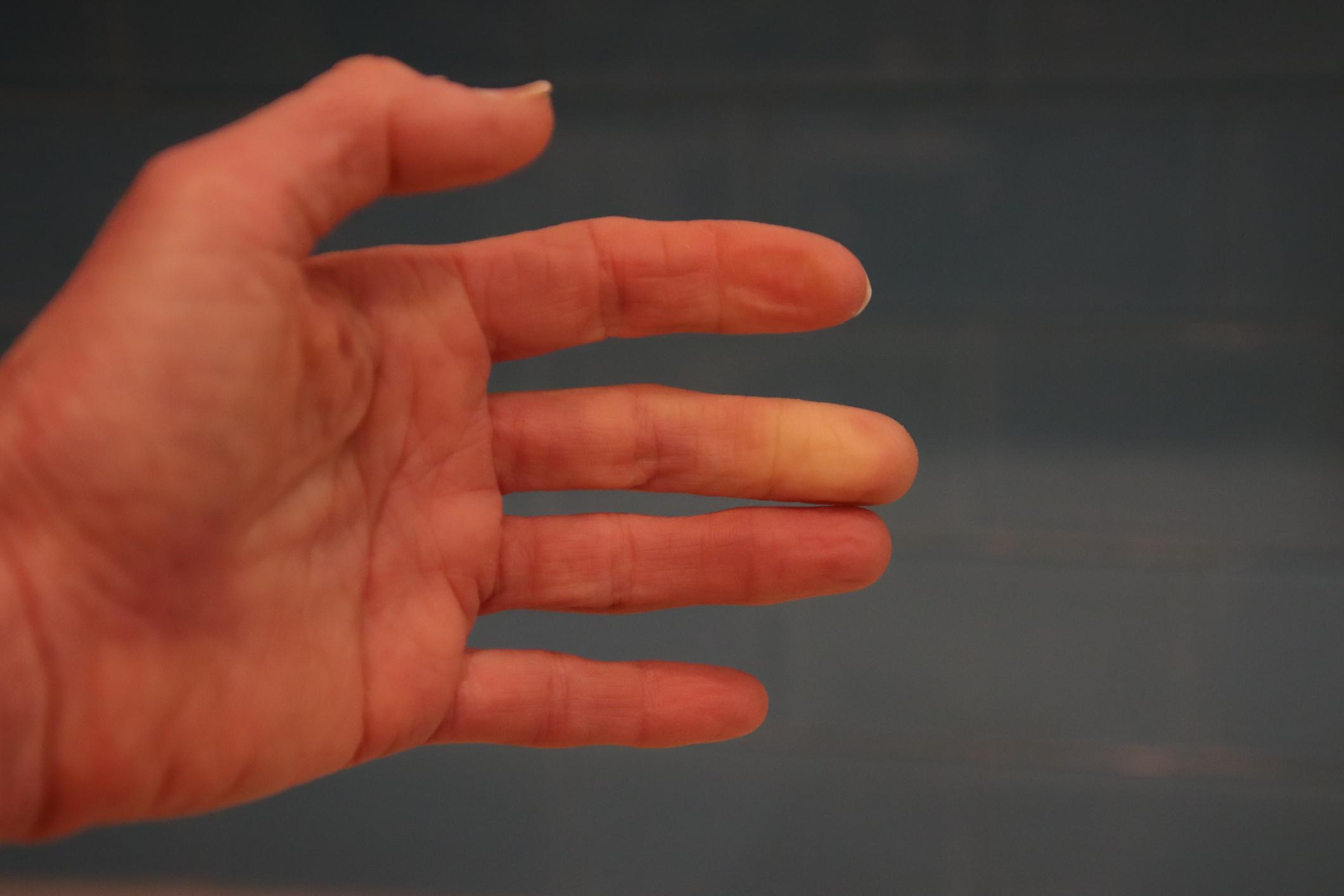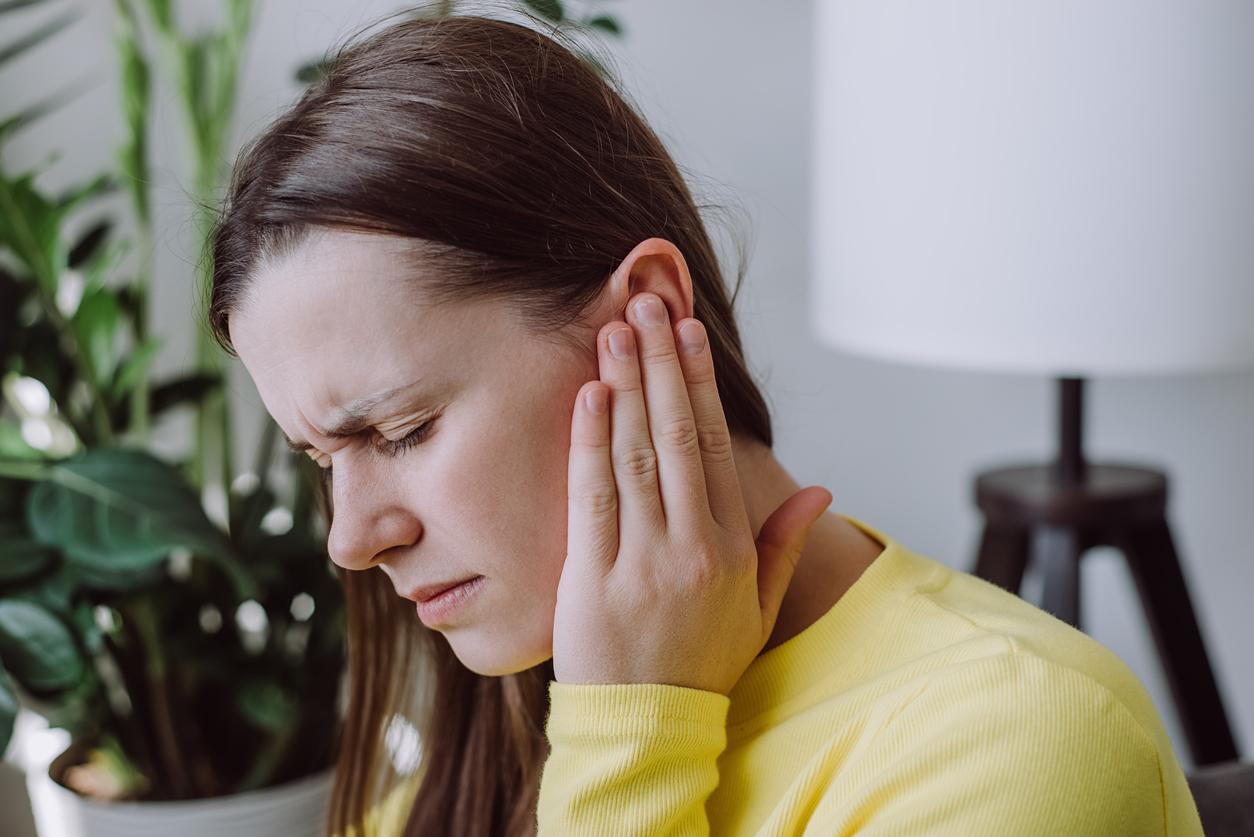In 2019, almostone billion people suffered from mental disorders. Since then, the health crisis has been there and the rates of anxiety and depression have increased by more than 25% during the first year of the Covid-19 pandemic, says the new WHO report published this Friday, June 17, the “broadest overview of mental health in the world since the early 2000s“.
In total, one in eight people live with a mental disorder worldwide, and up to one in five people in conflict zones. Among them, young people, women and people already suffering from mental disorders are the ones who have been hardest hit by this increase. “Everyone in their life is close to someone affected by mental health problems“, said Dr Tedro Adhanom Ghebreyesus, Director General of WHO.
“The suffering is enormous”
In this “World Mental Health Report”, the WHO calls on all nations to invest more in mental health in the face of an untenable situation where “the pain is enormous“While the troubles have multiplied with the pandemic, conversely the investments to remedy them have not increased: less than 1% of international health aid is devoted to mental health.”All these numbers are very, very low“, said Mark Van Ommeren, of the mental health unit of the WHO.
Wide variations have also been observed between countries regarding access to care for sick people: for example, 70% of people suffering from psychosis are well cared for in high-income countries, compared to only 12% in the poorest countries. And even in the most affluent countries, only a third of people with depression receive adequate treatment. A figure that can go down to 3% in low-income countries.
Finally, the WHO calls for end of stigma people with mental health disorders. In 2022, twenty countries still criminalize attempted suicide. “Investing in mental health is an investment for a better life and future for all“, concludes the director general of the WHO.
Source :
- WHO stresses urgent need to transform mental health and mental health care, World Health Organization, 17 June 2022
Read also:
- Covid-19: more than half of emergency workers are burnt out, according to a study
- After 2 years of pandemic, Google searches about burnout reach record highs
- Consulting a shrink: 6 tips for successful therapy
















